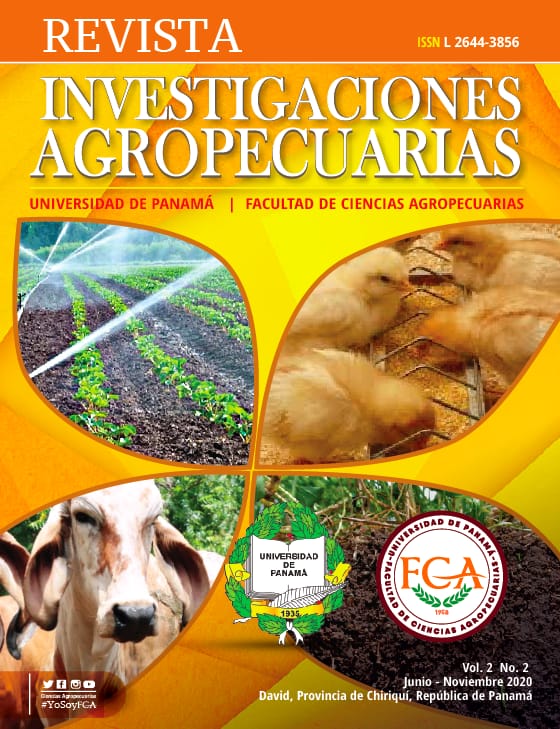

The objective of this study was to evaluate the impact of rational dressage on temperament, human-animal relationship and productive performance in heifers. This study was carried out at the Center for Research in Agricultural Biotechnology, of the Faculty of Agricultural Sciences, of the University of Panama. Sixteen animals divided randomly into two groups were used. Group with rational dressage: (n=8) with a weight of 260.63±17.11 kg and age of 11.0±1.0 months. Traditional dressage group: (n=8) with a weight of 264.88±24.07 and age of 11.63±0.75 months. The data were analyzed with the STATISTICA V10 statistical program and GraphPad Prism V8.0.2. Kruskal-Wallis non-parametric test, Mann-Whitney U and Cochran Q non-parametric test were used for binary scores. In general, there were differences in terms of temperament as a function of time in both groups (p<0.01). At day 0 and 16 of the study, the animals had an aggressiveness score of 70 and 20% respectively (p = 0.04). However, in the traditional dressage group the temperament did not change (p=0.15). In general, the human-animal relationship also showed significant differences in both groups (p<0.05). The daily weight gain sixteen days after the start of the study for the rational and traditional dressage group was 0.6 and 0.06 kg / d respectively (p>0.05). There were no differences (p>0.05) in the accumulated weight at the end of the study period. In conclusion, rational taming had a positive effect on the temperament, the human-animal relationship and the productive performance of the heifers.